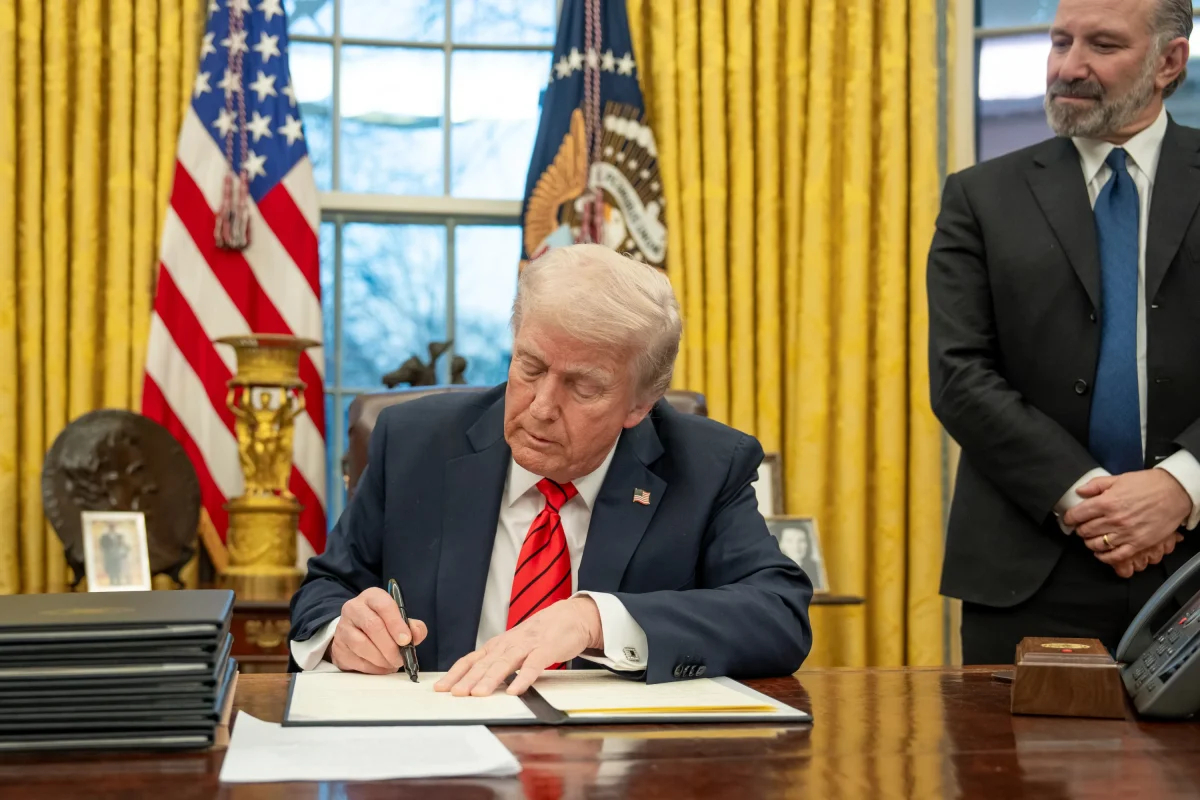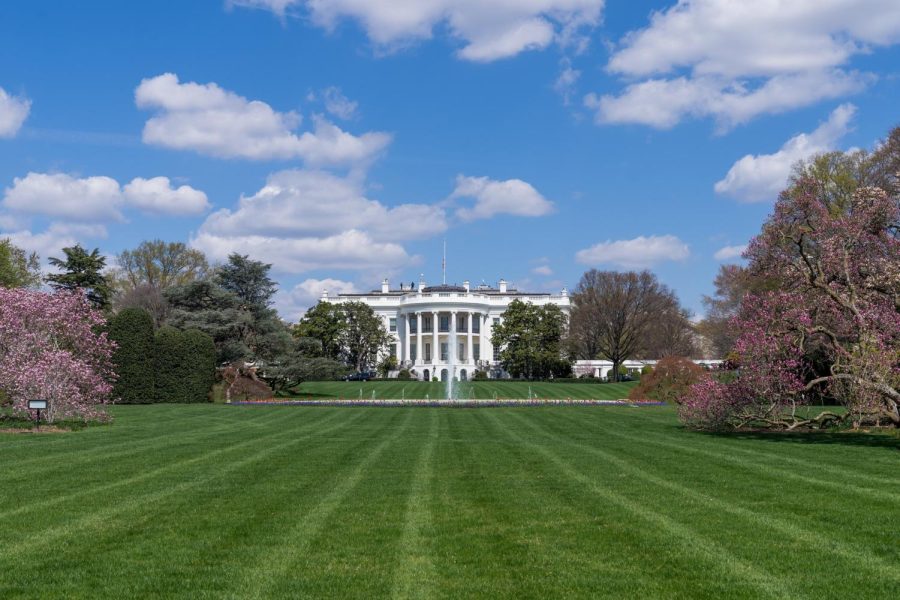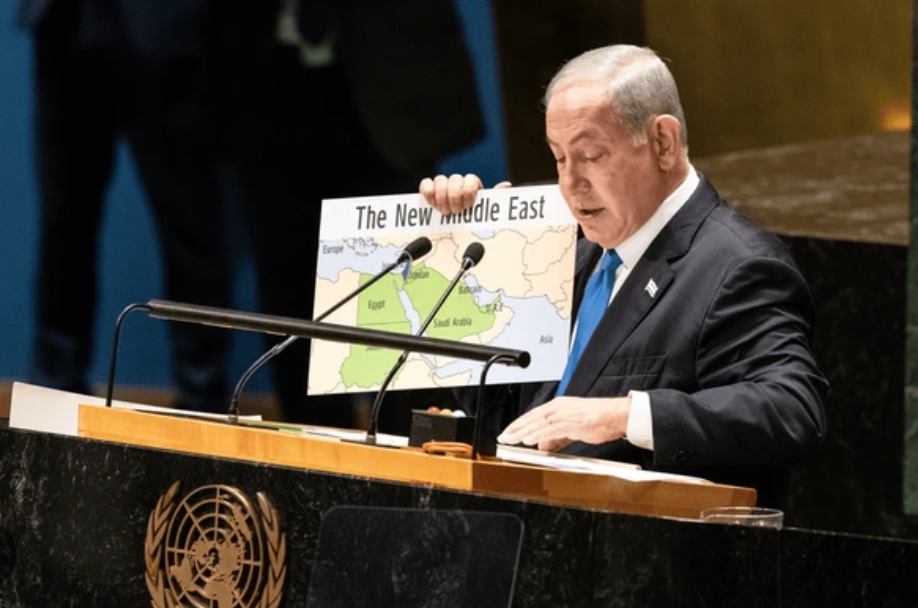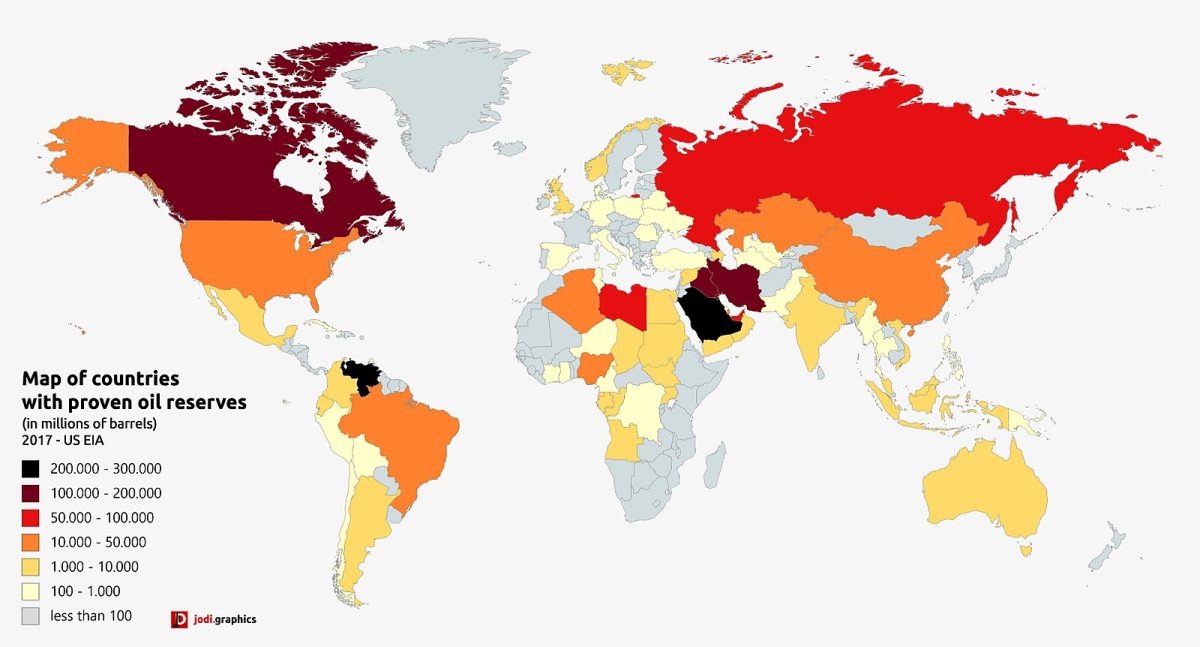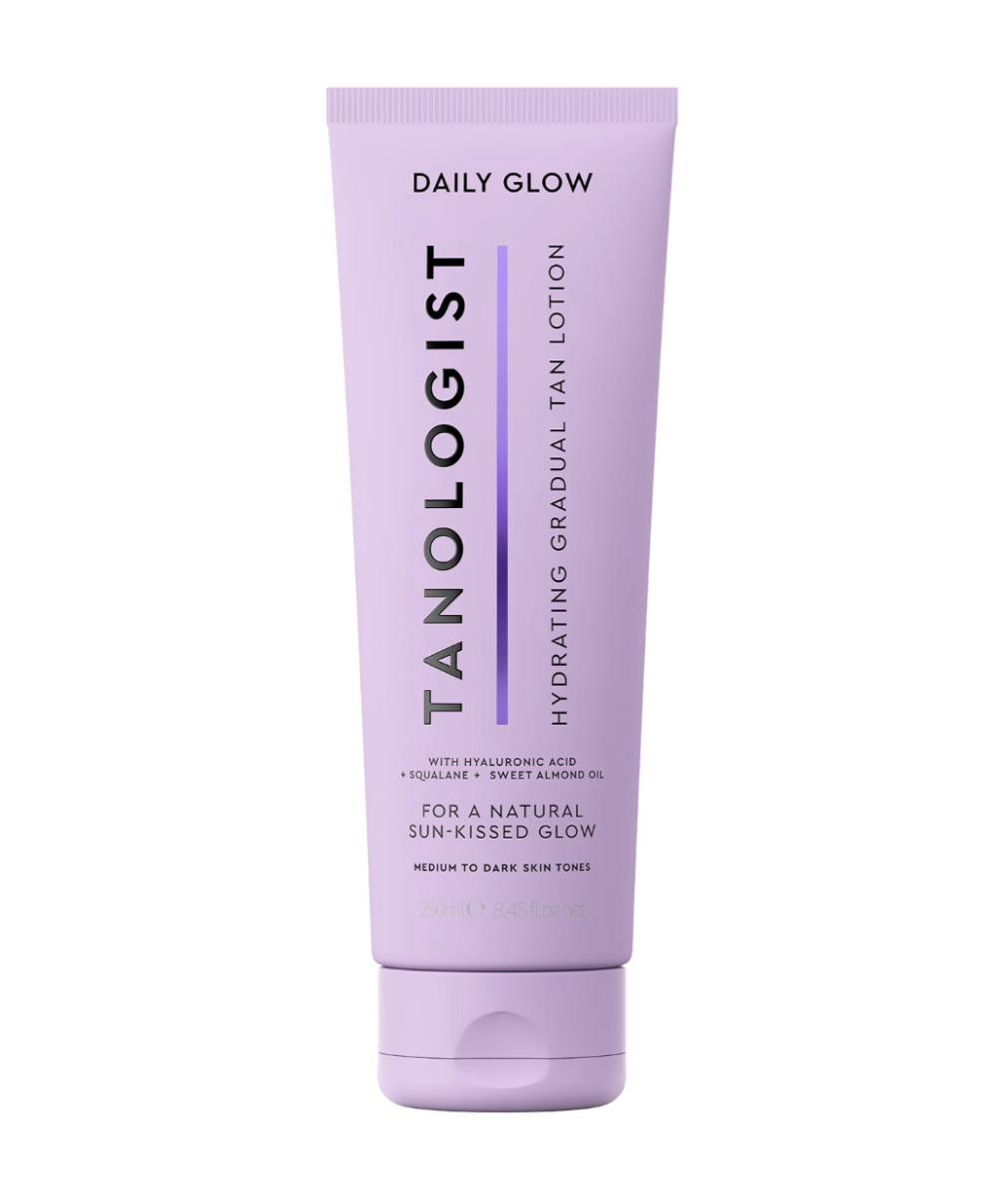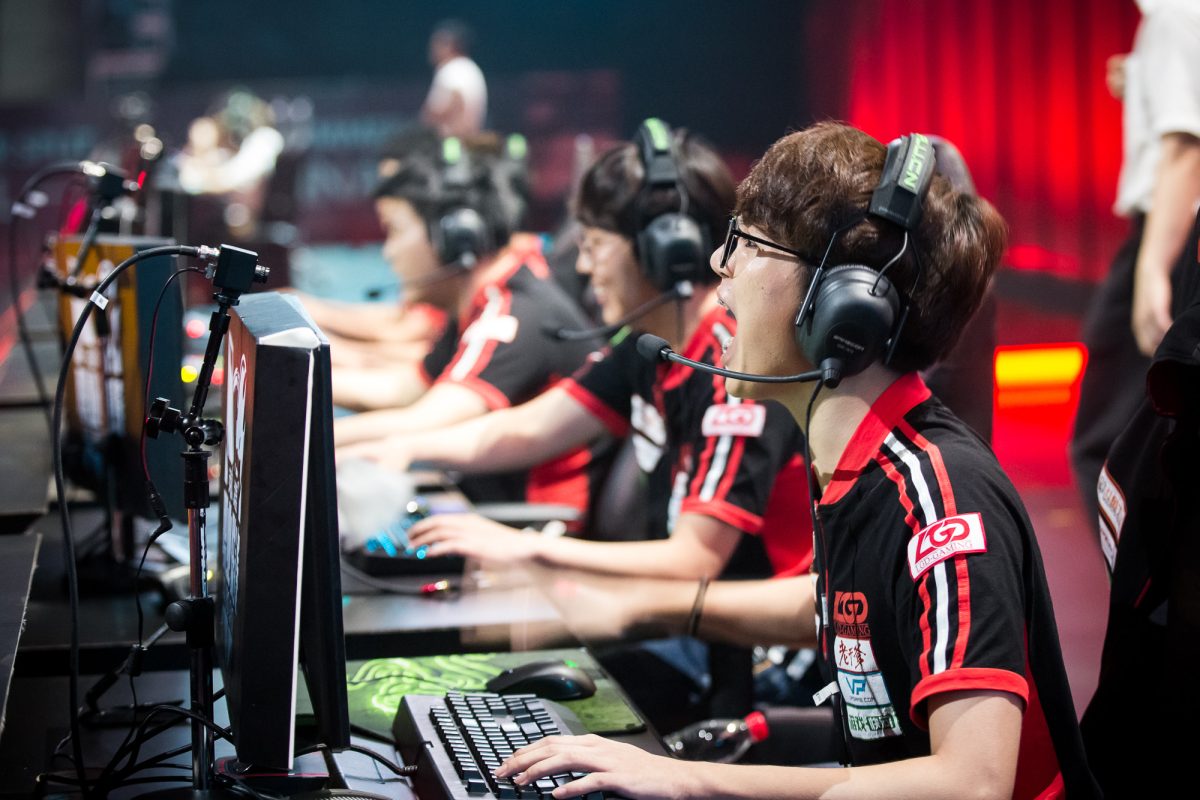The U.S. has added a video game and battery manufacturing company to a list of Chinese companies allegedly linked to China’s military.
Tencent, a social media and gaming giant, and CATL (Contemporary Amperex Technology Co.), the world’s largest battery maker, deny any military ties and plan to challenge the designation. While the listing does not come with immediate sanctions, the listing harmed their reputation and business opportunities, especially in the US Tencent, which owns WeChat, insists the move is a mistake, while CATL, a key supplier for Tesla and Ford, has warned it may take legal action.
China has rebuked the decision, with a spokesperson in Washington expressing that it violates international economic and trade rules. China has a history of accusing the US government of using national security as a pretext for economic suppression. This latest designation adds to a growing list of Chinese firms facing scrutiny in the US, including tech companies like Huawei and DJI, which have also been accused of having ties to the Chinese military.
According to the World Economic Forum, “Headquartered in Shenzhen, China, and founded in 1998, Tencent is an internet-based technology and cultural enterprise. Its mission is to ‘improve the quality of life through internet value-added services.'”
Tencent is a publicly traded company owned by shareholders, including Naspers, China Asset Management, Fidelity Management, and Ramirez Asset Management. As of February 2025 Tencent has a market cap of $522.74 Billion USD. This makes Tencent the world’s 16th most valuable company by market cap.
Tencent has significant influence in the gaming industry, owning stakes in numerous popular video game developers. It owns 99.7% of Riot Games, the developer of “League of Legends”, and has a minority stake in Epic Games, which develops “Fortnite“, while also holding the rights to publish it in China. Tencent developed “Honor of Kings“, one of the most successful multiplayer online battle arena games in Mainland China, and owns a majority stake in Supercell, the developer of “Clash of Clans.”
In 2018, Tencent acquired Grinding Gear Games, the studio behind “Path of Exile,“ and it also owns Sharkmob AB, the developer of “Exoborne.”Additionally, Tencent owns Klei Entertainment, known for “Don’t Starve” and “Oxygen Not Included,” and holds a large stake in Ubisoft, the company behind “Assassin’s Creed and Tom Clancy’s Rainbow Six Siege” games.
The company also has a joint venture with “Roblox” to operate a localized version called Luobu. Beyond gaming, Tencent dominates China’s digital landscape with its widely used social media and messaging platforms, WeChat, a Chinese instant messaging, social media, and mobile payment app developed by Tencent. QQ is an instant messaging software service and web portal.
The Pentagon’s decision comes as tensions between the US and China remain high. The move is part of Washington’s broader effort to counteract Beijing’s military-civil fusion strategy, which aims to integrate private sector technology into China’s defense capabilities. This policy, a key initiative under President Xi Jinping, seeks to remove barriers between civilian industries and the military, allowing for developing advanced weaponry and defense technologies.
U.S. lawmakers had previously pressured the Defense Department to include CATL on the list, particularly in light of its partnership with Ford to supply battery technology for a Michigan plant. This partnership has drawn concern from policymakers who fear that reliance on Chinese technology in critical industries could pose national security risks.
In an announcement to the Hong Kong Stock Exchange, Tencent stated, “As [Tencent] is neither a Chinese military company nor a military-civil fusion contributor to the Chinese defense industrial base, it believes that its inclusion in the CMC List is a mistake.”
Tencent called the decision “clearly a mistake” and stated that the listing had no impact on its business. CATL echoed this sentiment, emphasizing that it is not engaged in military-related activities and intends to challenge the designation. However, despite their statements, the inclusion on this list places them under greater scrutiny, particularly for their business ties with American companies.
The announcement has also affected market performance, with Tencent’s shares dropping by 7% in Hong Kong and CATL’s stock declining by 4%. This is particularly devastating for CATL because it dominates the global EV battery market and supplies major automakers, including Tesla and Ford. If further restrictions are placed on CATL, it could disrupt supply chains and increase costs for American car manufacturers looking to transition to electric vehicles.
This development highlights the ongoing competition between the world’s two largest economies, particularly in the tech and defense sectors. The US has been increasing efforts to limit China’s access to cutting-edge technologies, especially in artificial intelligence, semiconductors, and renewable energy. Last month, the US imposed fresh export controls on semiconductors, restricting China’s ability to acquire advanced AI chips. The US government fears that China could use them for military applications.
As China continues pursuing military modernization under Xi Jinping’s leadership, the US is sabotaging and restricting Beijing’s access to critical technologies. In 2022, the US government banned Nvidia from selling its most advanced AI processors to Chinese customers, part of an attempt to limit Beijing’s technological advances.
With President Donald Trump resuming his presidential tenure, tensions between the two nations are expected to escalate further. During his first term, Trump has previously taken a hardline stance on China, implementing tariffs and technology restrictions.
Currently, in his second term, Peter Hoskins, a business reporter for BBC News, says, “China’s latest tariffs on US goods include a 15% border tax on imports of US coal and liquefied natural gas products. There is also a 10% tariff on American crude oil, agricultural machinery and large-engine cars.” His administration is expected to continue targeting Chinese companies the US views as potential security threats.
Lateef Aiyeyemi, a junior boarder from New Jersey, believes that the U.S. government is using the listing as an opportunity to justify tariffs against China.
“It’s strangely coincidental that just before Trump was set to officially announce tariffs against China, these seemingly random companies were added to the military list, it feels a bit suspicious.”
Brandon Gou, a junior boarder from Taiwan, doesn’t care much about the ban.
“In the short run, the company will suffer minimally,” he said, “As long as no bans or restrictions are implemented, the companies will not be affected.”
The situation is still unfolding, and the long-term implications for Tencent and CATL remain unclear. If additional measures, such as trade restrictions or investment banks, are introduced, they could face significant financial and operational challenges.
On the other hand, if these companies successfully challenge their designation, they may avoid the most severe consequences. Either way, this move marks another chapter in the intensifying US-China tech rivalry, with global businesses caught in the crossfire.
A junior who wishes to remain anonymous believes that this listing is intended to lower the value of the company’s stock.
“I felt like this listing was so out of the ordinary,” he said, and believes the listings on both companies aimed to lower their value and discourage Americans from using their products.





